The Role of Database Applications in Modern Business Environments
Knowledge Hut
JULY 26, 2023
Database applications have become vital in current business environments because they enable effective data management, integration, privacy, collaboration, analysis, and reporting. Database applications also help in data-driven decision-making by providing data analysis and reporting tools. What are Database Applications?

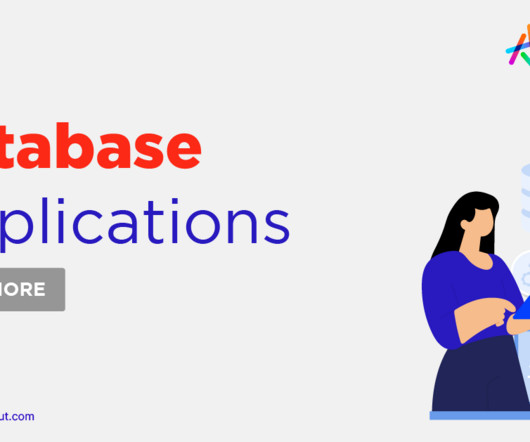

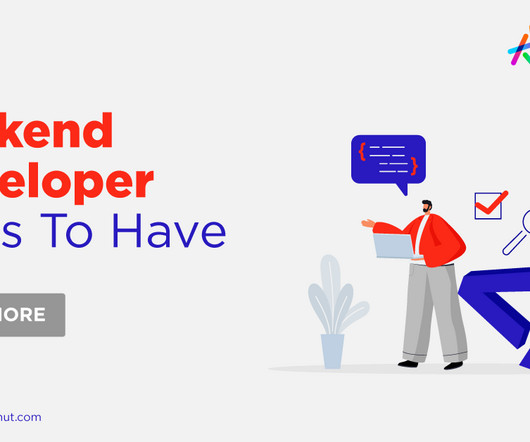
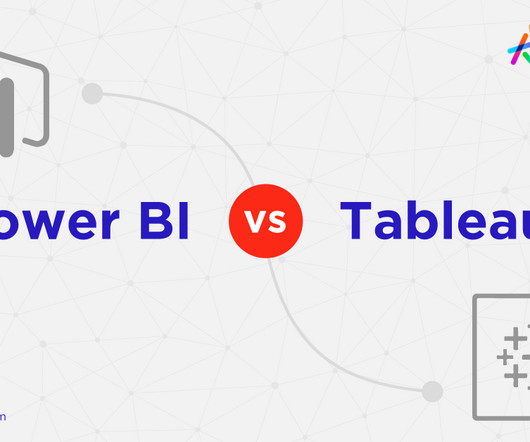
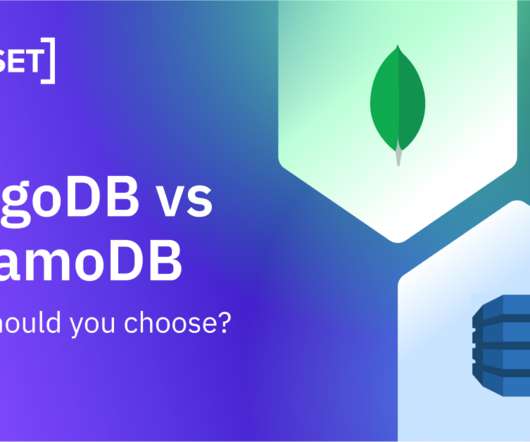


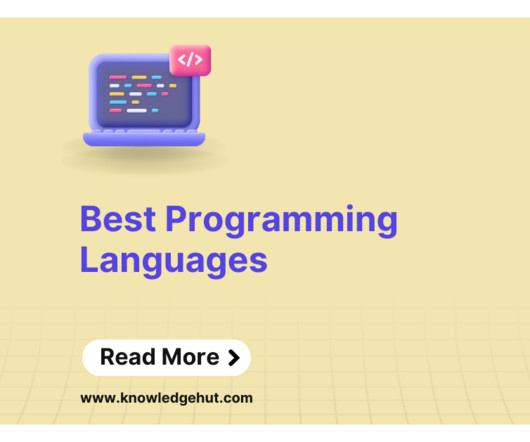






Let's personalize your content